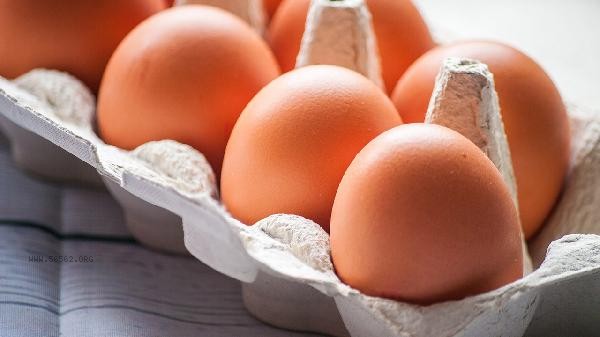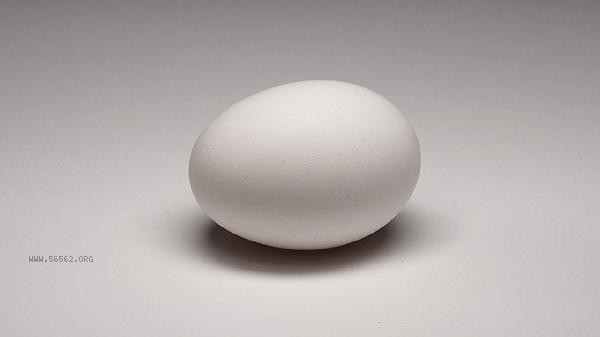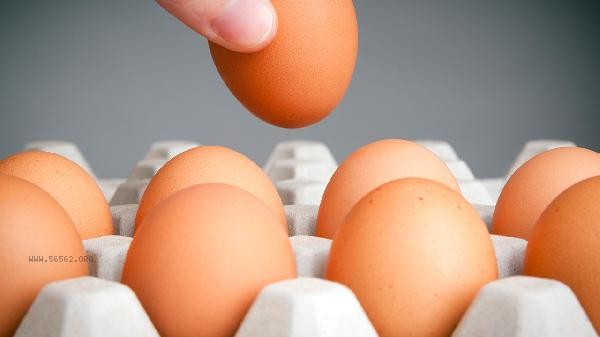The appearance of moisture inside boiled eggs is usually due to incomplete evaporation of the egg white or expansion of the yolk during heating. The main reasons are insufficient freshness, insufficient heating time, low heating temperature, cracked eggshells, and humid storage environment.

1. Insufficient Freshness
Storing eggs for too long can cause the egg whites to become thin and the internal water and protein binding force to decrease. The egg whites of fresh eggs have high viscosity and are less likely to release water when heated, while the egg whites of old eggs have strong fluidity and are more likely to retain free water after boiling. When purchasing, the freshness can be determined by checking the size of the air chamber through illumination. The larger the air chamber, the longer the storage time.
2. Insufficient heating time
Protein complete coagulation requires sufficient time. If the heat is turned off immediately after boiling, the center temperature may not reach above 80 degrees Celsius. The yolk protein in the egg yolk needs to be continuously heated to form a tight mesh structure. It is recommended to keep the water boiling and heat over medium heat for 10-12 minutes. Using a timer can avoid insufficient heating caused by subjective judgment.
3. Heating temperature too low
Induction cooker or low heat slow cooking may cause the water temperature to be less than 100 degrees Celsius, and the egg white protein in the egg white cannot be fully denatured. When cooking with traditional open flames, it is important to ensure that the water surface continues to roll and boil. Due to the decrease in boiling point in high-altitude areas, it is necessary to extend the heating time or use a pressure cooker to increase the actual heating temperature.

4. Eggshell Cracks
Micro cracks generated during transportation or cleaning can allow external moisture to seep in, intensifying the exchange of internal and external liquids when boiling. When checking the integrity of the eggshell, you can lightly tap and listen for the sound. A clear echo indicates no cracks. Soaking in white vinegar water before cooking can help detect subtle cracks, which can produce noticeable bubbles.
5. Moist storage environment
High humidity in the refrigerator compartment can cause the eggshell membrane to absorb water, which gradually seeps into the egg through the pores. It is recommended to store eggs in a sealed box and place desiccants to control humidity. When condensation occurs on the surface of eggs just taken out of the refrigerator, they should be wiped dry before cooking.

When choosing fresh eggs, pay attention to the production date and store them in refrigeration for no more than three weeks. When cooking, put cold water in the pot, completely immerse the eggs in water, and then turn to medium heat to keep slightly boiling after boiling. Immediately rinse with cold water after cooking, which can stop the residual heating and facilitate peeling. If water like egg yolks frequently appear, you can try using an egg steamer to control heating stability. Eggs are rich in high-quality protein and lecithin. It is recommended to consume 1-2 eggs per day, paired with vegetables and fruits to ensure a balanced nutrition.









Comments (0)
Leave a Comment
No comments yet
Be the first to share your thoughts!